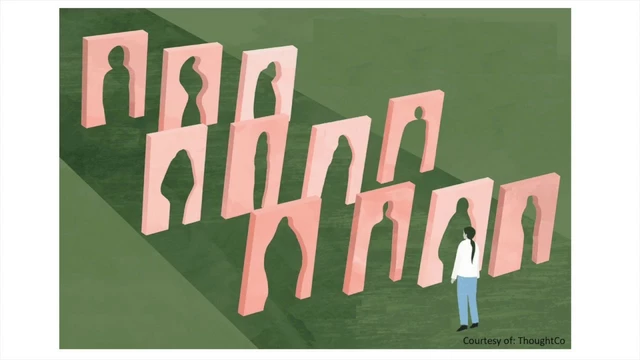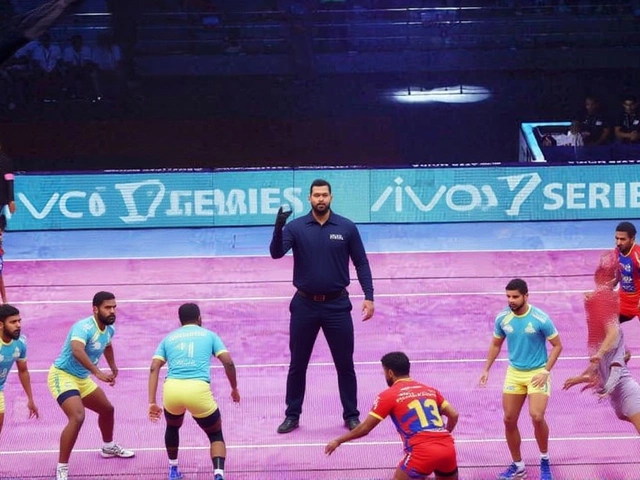The Complex Relationship with India
As a Non-Resident Indian (NRI), I have often pondered over the complicated relationship many of us share with our homeland. Despite the love and nostalgia we feel for India, we frequently find ourselves criticizing the country and its various aspects. This raises the question: why do NRIs love to hate India? In this article, we will explore some possible reasons behind this conflicting sentiment, delving into the following topics:
Comparing Cultures and Societies
Living abroad exposes NRIs to different cultures and societies, often leading to comparisons with the Indian way of life. These comparisons may sometimes reveal certain shortcomings in India, such as the prevalence of corruption or the lack of infrastructure. However, it is important to remember that every country has its own set of challenges and no place is perfect. Instead of focusing on the negative aspects, we should acknowledge the progress India has made in recent years and be proud of our roots.
The Struggle for Identity
One of the primary reasons behind the love-hate relationship with India could be the struggle for identity that many NRIs face. Living in a foreign land, we often find ourselves torn between two cultures and trying to strike a balance between our Indian roots and the new environment. This internal conflict might lead to a negative outlook towards India, as we may see the country as a reminder of the identity crisis we face. It is crucial to remember that our Indian heritage is something to be cherished and celebrated, and not a burden to bear.
Frustration with Bureaucracy and Red Tape
Another reason why NRIs may harbor negative feelings towards India is the frustration with bureaucracy and red tape. Many of us have experienced the seemingly endless paperwork and delays in getting even the simplest tasks done in India. While it is true that the bureaucratic system can be cumbersome and inefficient, it is also essential to recognize the efforts being made to simplify processes and bring about positive change. As NRIs, we should lend our support to these initiatives and contribute to the betterment of our country.
Media Influence and Stereotypes
The portrayal of India in international media may also contribute to the love-hate relationship. Often, the focus is on negative aspects such as poverty, pollution, and crime, which can create a skewed image of the country in the minds of NRIs. It is important for us to look beyond these stereotypes and seek out positive stories of development, resilience, and progress. Connecting with fellow Indians and staying informed about the latest developments in India can help in maintaining a balanced perspective.
High Expectations and the Desire for Change
Lastly, the love-hate relationship with India may stem from high expectations and the desire for change. As NRIs, we have seen the potential that our country holds and believe in its ability to overcome challenges. This faith in India's capabilities might lead to frustration when change seems slow or insufficient. However, we must remember that progress takes time and it is our responsibility as citizens, no matter where we live, to contribute to India's growth and development.
In conclusion, NRIs' love-hate relationship with India is a complex and multi-faceted issue, influenced by various factors such as cultural comparisons, struggles for identity, bureaucracy, media portrayal, and high expectations. As NRIs, it is essential for us to cultivate a balanced perspective, celebrating our Indian roots and contributing positively towards the country's progress. After all, India is and will always remain a part of who we are.



